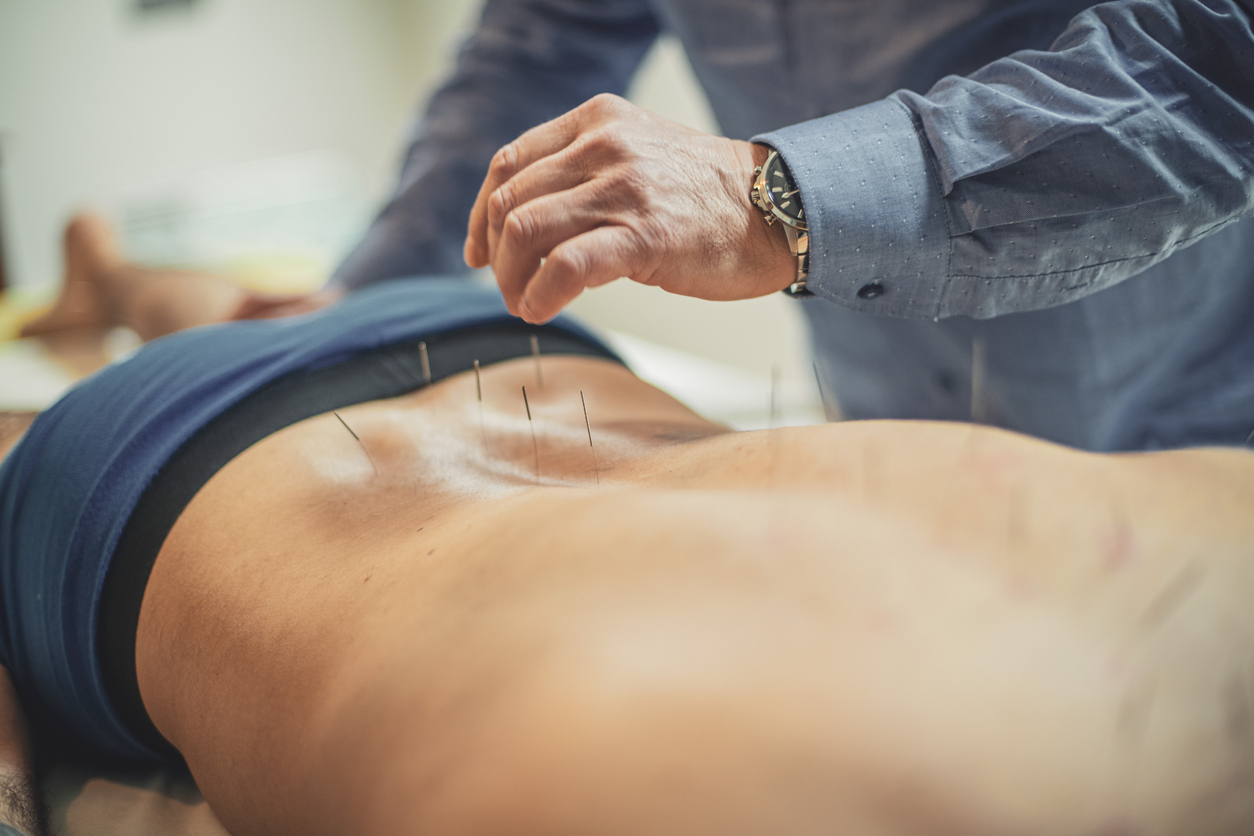Pain
Alternative and Complementary Treatments for Prostatitis

What is prostatitis?
Prostatitis is a condition that occurs when the prostate gland becomes inflamed. The prostate gland is approximately the size of a walnut and is located just below a man's bladder. Inflammation can spread to other areas surrounding the prostate.
The prostate gland surrounds the upper portion of the urethra, which is the tube that carries urine from the bladder. The prostate, along with other glands, produce fluid (semen) to protect sperm as they travel.
Alternative and complementary treatments
In addition to conventional treatment for prostatitis, alternative and complementary treatments may help. They include biofeedback, herbal supplements, and acupuncture.
Biofeedback
Biofeedback is a technique in which an individual can learn to control specific bodily functions, such as heart rate, breathing, muscle contractions, and brainwaves. Learning to relax the pelvic muscles, under the guidance of a trained therapist, can reduce pelvic muscle tension, decrease pain levels, and improve urinary symptoms.
Herbal supplements
Rye grass pollen extract is a supplement commonly used to treat inflammatory or chronic prostatitis. The pollen may help reduce pain, decrease white blood cells, and improve quality of life. It has also shown to reduce inflammation in the prostate.
Quercetin is an extract that is found in red wine, green tea, and onions. It reduces inflammation in the prostate. Bee pollen supplements can also reduce prostate gland inflammation and swelling.
Acupuncture
A widely-used treatment of traditional Chinese medicine (TCM) is acupuncture. The technique is performed by an experienced and licensed professional and involves the insertion of fine, thin needles into the skin at specific points of the body. In traditional Chinese medicine, it is described as a method to balance the flow of energy (chi or qi) via pathways through the body. In the Western world, it is considered an alternative treatment.
Acupuncture practitioners believe that the strategic placement of the needles stimulates muscles, nerves, and connective tissues. Many alternative medical professionals believe this stimulation increases natural pain-fighting chemicals and boosts blood flow in the body. Several studies have found that acupuncture can be an effective treatment, with effects lasting up to 24 weeks after the last treatment.










